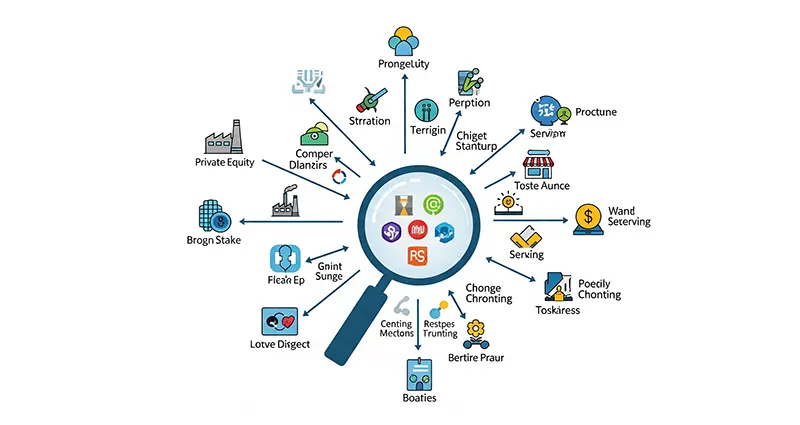Private Equity Strategies for Growing Mid-Sized Companies
Private equity (PE) firms are masters at unlocking value in mid-sized companies, a market segment they often refer to as the “middle market.” Unlike venture capitalists who invest in early-stage startups, PE firms typically acquire mature, established businesses with stable cash flow and a proven business model. Their goal is to grow these companies significantly over a 3- to 7-year period and then sell them for a substantial profit.
Here are the core strategies private equity firms use to grow mid-sized companies.
1. Operational Improvements and Efficiency
The first strategy is to find and fix operational inefficiencies. Many mid-sized companies have grown organically over time and may lack the optimized processes of larger corporations. PE firms bring in teams of experts or partner with management to implement best practices.
- Cost Rationalization: This involves a thorough analysis of all business expenses to identify areas for cost reduction. This can include renegotiating contracts with suppliers, optimizing supply chains, or streamlining the workforce to eliminate redundant roles.
- Process Optimization: PE firms focus on improving core business processes. This could mean upgrading technology systems, automating manual tasks, or implementing new software to enhance efficiency in areas like inventory management, sales, or customer service.
- Talent and Leadership: PE firms often augment the existing leadership team. They may bring in a new CEO, CFO, or other key executives with a proven track record of scaling businesses. They also establish clear performance metrics to align the entire team with the growth strategy.













